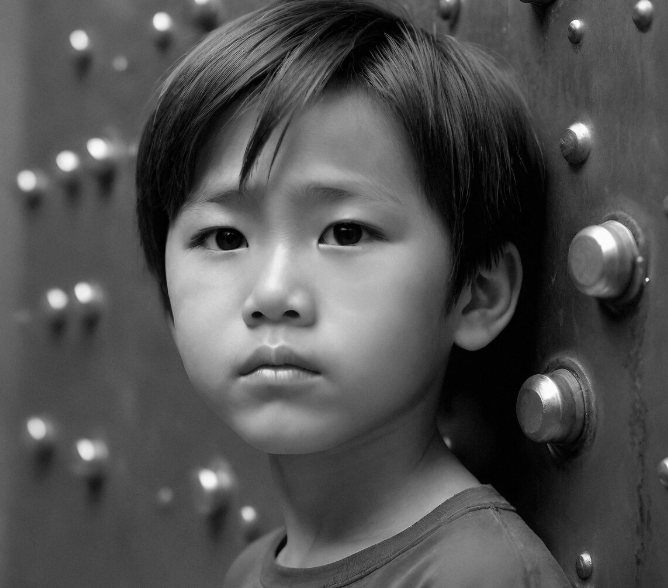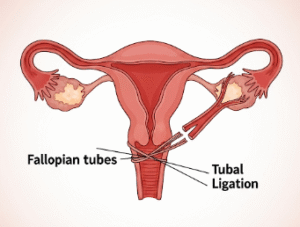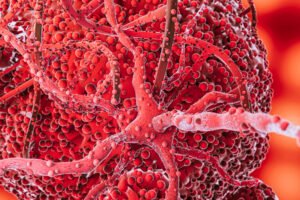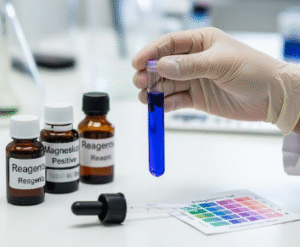Overview
Childhood Disintegrative Disorder (CDD), also known as Heller’s syndrome, is a rare neurodevelopmental disorder characterized by late-onset developmental regression after at least two years of normal growth. Children with CDD lose previously acquired skills in language, social interaction, and motor abilities. In Korea, specialized pediatric neurology and developmental disorder centers provide early diagnosis, therapeutic interventions, and supportive care to improve quality of life.
What is Childhood Disintegrative Disorder?
CDD is a rare autism spectrum disorder (ASD) that typically appears between ages 3 and 4. Unlike typical autism, children with CDD initially develop normally and then experience a significant loss of previously acquired skills. The cause is not fully understood but may involve neurological or genetic factors.
Symptoms
- Loss of previously acquired language skills
- Regression in social interaction and communication
- Loss of motor skills (e.g., walking, coordination)
- Repetitive behaviors or stereotyped movements
- Emotional disturbances, irritability, or anxiety
- Loss of bladder or bowel control in some cases
- Difficulty in adaptive daily living skills
Causes
- Exact causes are unknown
- Possible neurological dysfunction or abnormal brain development
- Rare genetic mutations or chromosomal abnormalities
- Immune system abnormalities have been suggested but not confirmed
- Environmental triggers have not been clearly identified
Risk Factors
- No strong hereditary pattern identified, though family history of autism may contribute
- Boys are more frequently affected than girls
- Age of onset usually after 3 years, following normal early development
- Possible coexisting neurological disorders
Complications
- Severe communication and social impairment
- Learning difficulties and intellectual disability
- Behavioral challenges, including aggression or self-harm
- Emotional and psychological distress for both child and family
- Need for long-term support and care
Prevention
- There is no known way to prevent CDD due to its unclear cause
- Early developmental monitoring can help detect delays and regression
- Genetic counseling may be considered for families with a history of neurodevelopmental disorders
Treatment Options in Korea
While there is no cure for CDD, Korea provides comprehensive supportive and therapeutic care:
- Early intervention programs:
- Speech and language therapy
- Occupational therapy for motor and daily living skills
- Behavioral therapy and social skills training
- Medical management:
- Medications to manage anxiety, hyperactivity, or aggression if present
- Monitoring for coexisting epilepsy or other neurological conditions
- Specialized centers in Korea:
- Seoul National University Children’s Hospital, Samsung Medical Center, Asan Medical Center, Severance Hospital
- Pediatric neurology and developmental disorder clinics with multidisciplinary teams
- Family support:
- Counseling and training for caregivers
- Educational support and individualized learning plans
- Support groups and community resources for families













